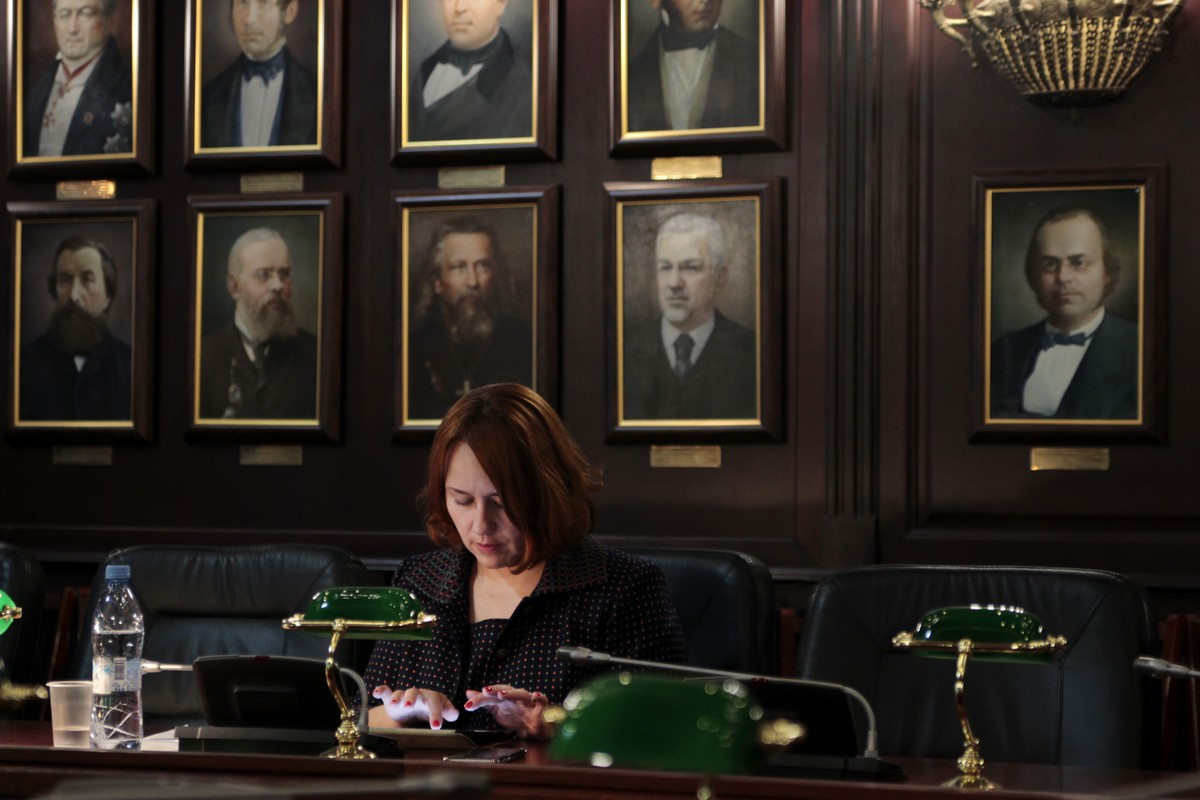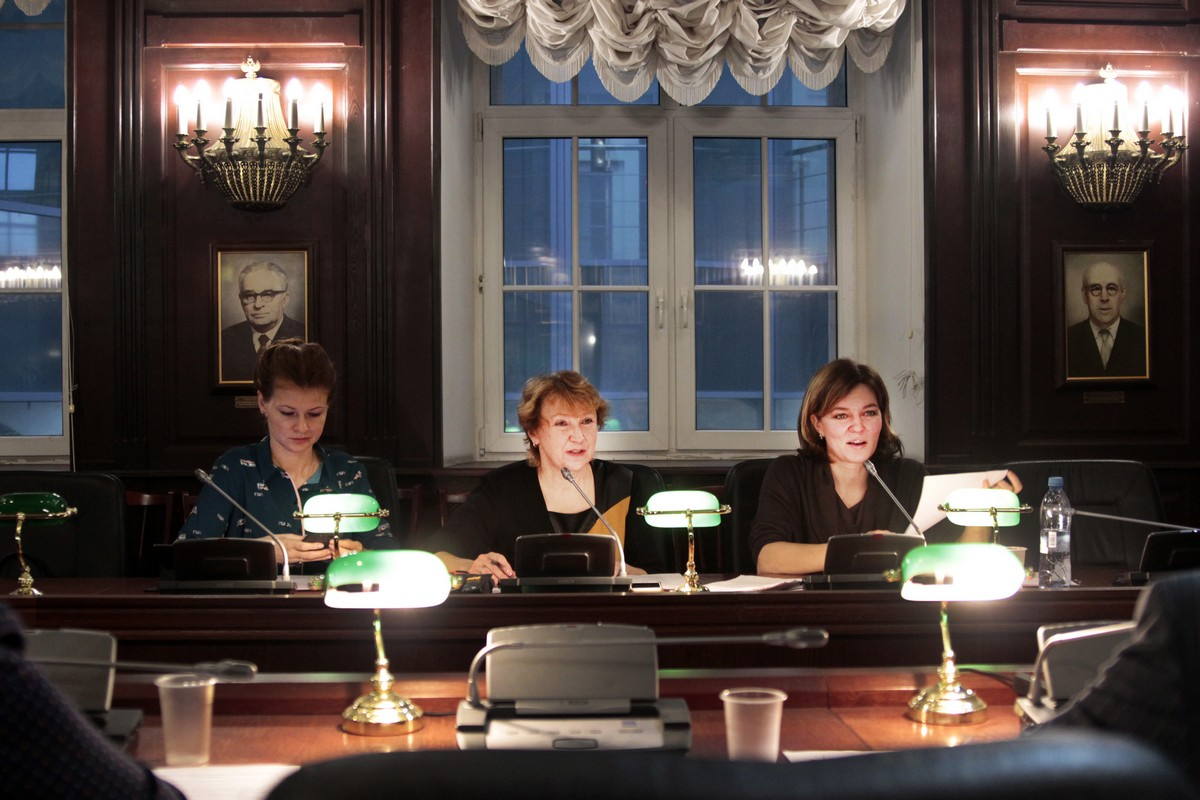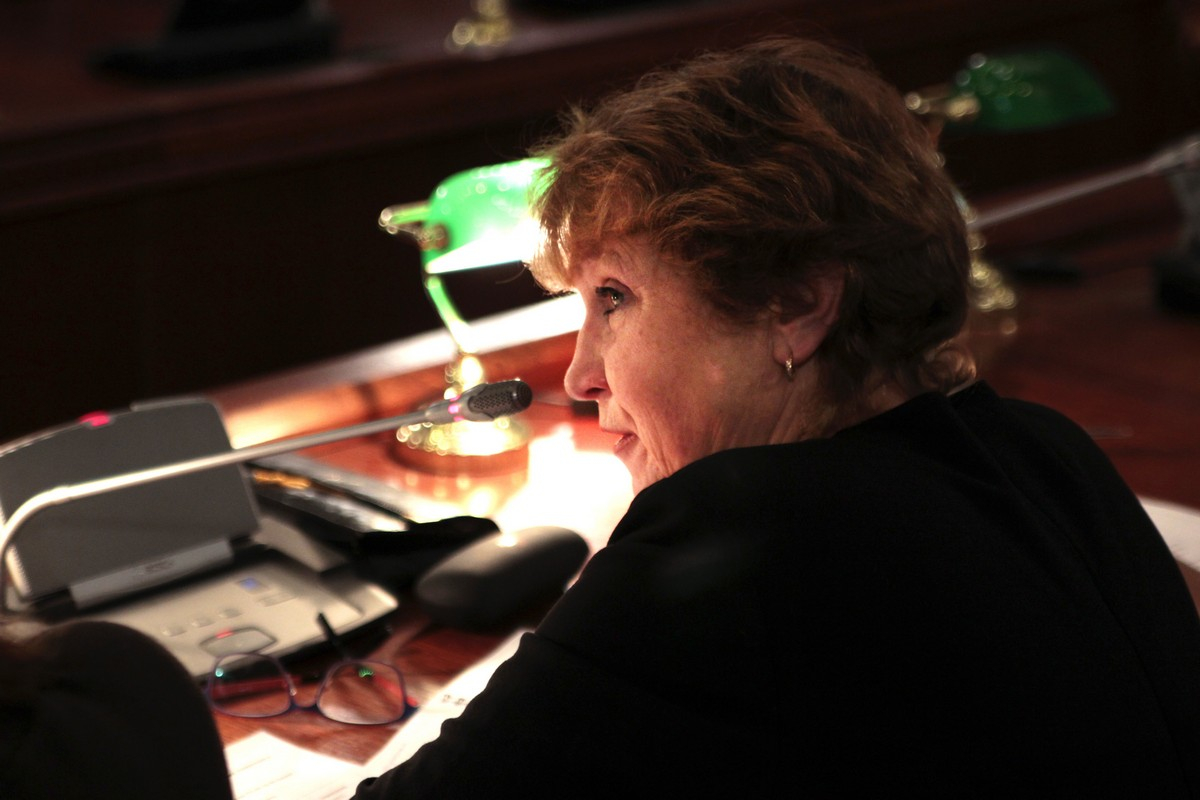SPbU and Harbin Institute of Technology: Sharing experience in fight against corruption
St Petersburg University and Harbin Institute of Technology have held a video conference on “Fight against corruption in Russian and China”.
The round-table particularly focused on anti-corruption policy in education, especially at SPbU.
The University is a budgetary institution which implies that it has adopted a strategy to carry out a pre-purchase inspection: in particular, it set additional requirements to use competitive tools to select contractors.
Senior deputy director on legal issues at the Rector administration Aleksandr Soloviev
Besides, the University tries to involve the public into decision-making: purchasing, acceptance of repair works, and others. Another anticorruption tool is that the University, in terms of financial statements, expenditures, and responsibilities, reports directly to the Government of the Russian Federation.
The state safety, social and political sustainable development is secured by effective anti-corruption policy. It implies that sharing experience and developing new anti-corruption measures are vital.
Director of the Institute of Legal and Social Sciences and Humanities of Harbin Institute of Technology Chjao Khunjui
SPbU Associate Professor Svetlana Kushnirenko told about punishment for corruption: indioviduals are liable to prosecution, while legal entities are pursued for administrative liability. How we can lift and impose sanctions on the legal entities are much discussed today, says Svetlana Kushnirenko.
SPbU Associate Professor Ekaterina Dmitrikova’s report focuses on anti-corruption measures against employment of retired officials. She told about misdemeanors and liability.
How the anti-corruption measures are effective depends on how efficiently we are collaborating on a global scale, including collaboration between the universities and institutions, the experts agreed. Hopefully, SPbU-Harbin Institute of Technology collaboration will be on the rise, said Aleksandr Soloviev.




